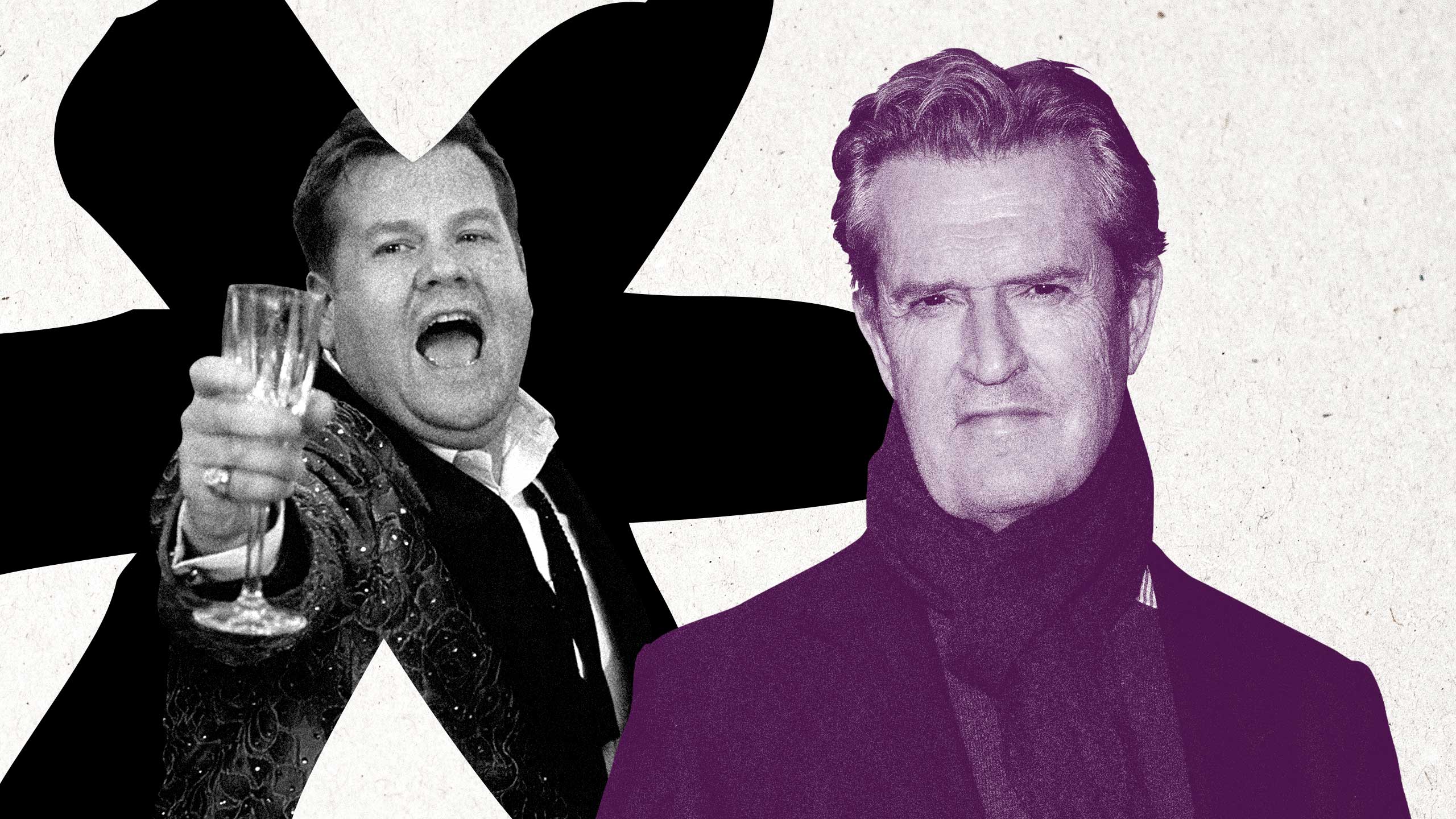Hello, dear reader. We’re switching things up a bit here at the Xtra Weekly command centre. Don’t worry: We’re still offering a timely and insightful weekly roundup of news and cultural happenings from the pages of Xtra and around the world. This “Topline” feature is just a taste to whet your appetite for the full newsletter, delivered to your inbox every Friday. If you haven’t already, subscribe now.
But 2021 will see us experimenting with new ways to give you different insights into how we work and think at Xtra. So, with insurrection in the air, a pandemic still raging and the silver lining of Georgia on our minds, we thought we’d go off on a gay-for-pay rondelay 🌈✨.
What’s the buzz? 🐝
The question of whether straight actors should play queer roles has gained traction over the last few years. Viggo Mortensen got prickly. Colin Firth takes it seriously. Henry Golding waffles, while Darren Criss says he’ll never do it again. Cate Blanchett, bless her, will “fight to the death” for her right to play any role. The conversation built to a fever pitch late 2020 after James Corden’s fay performance in The Prom. “Offensive,” “appalling” and “aggressively charmless,” screamed the commentariat.
We here at Xtra prefer a more measured approach. After talking with Francis Lee, the gay director of Ammonite, the lesbian romance set in Victorian England starring straight actresses Kate Winslet and Saoirse Ronan, Xtra’s editorial director Rachel Giese explored the complexities of representation. “Perhaps setting hard-fast rules isn’t the best way of framing the issue,” Giese writes.
What were we thinking? 🐰
The issue of representation sent me down a rabbit hole with actor and writer Rupert Everett. Why Everett? Two reasons: One, he was the original gay canary in the film industry’s heterosexist coal mine, coming out as he did way back in 1989; and two, my boyfriend just finished reading Everett’s excellent 2020 memoir, To the End of the World.
For those who may have forgotten, Everett was a fast-rising star in the 1980s after the release of Another Country, a brooding drama about the young life of Guy Burgess, a gay British diplomat who eventually defected to Soviet Russia in 1951. Everett always maintained that his Hollywood career tanked after he came out in the media. “It’s not that advisable to be honest,” he told The Guardian in 2009. “I would not advise any actor, necessarily, if he was really thinking of his career, to come out.”
To the End of the World is one of the best queer memoirs of 2020; it “quivers with honesty, A-list gossip and sardonic prose,” Ed Potton wrote in The Times. The book explores Everett’s lifelong fascination with Oscar Wilde, which culminates in the 2018 film The Happy Prince, where Everett plays Wilde during the last days of his life in Paris after completing a two-year sentence of hard labour for being gay.
The film was sadly overlooked, garnering just middling reviews. But it’s wonderful (and still available on Youtube and Cineplex): a testament to a gay genius’s ferocious faggottry and will to wit even in the most constrained circumstances. Everett’s directorial debut was a decade-long passion project that nearly went off the rails numerous times. Which brings me back out of the rabbit hole to return to the issue at hand.
The movie co-stars Firth as Wilde’s friend, the author Reggie Turner—yet another gay notch in Firth’s expansive acting belt. Everett and Firth have been friends since they starred together in Another Country. In the book, Everett recalls how, when a budget crunch threatened to shut down the film’s production, Firth waived his entire fee. If allyship factors into the equation of who gets to play a gay character, then Firth, at least, gets a pass for his role in bringing to life this stirring tribute to the unsaintly patron saint of queers.
To the End of the World closes with a moving scene: Redemption. After mounting disappointment over the film’s “chequered reception,” Everett recounts a festival screening in St. Petersburg, Russia. At the last moment, the mayor shuts down the theatre where the film was scheduled to appear, so the audience of queers watch an impromptu screening in a gym, a ghostly DVD projection onto a bedsheet. They were enraptured. To the queers of Putin’s Russia, the movie is real and current. Wilde’s story is their story.
Elsewhere in the world 🌎
👉 Trump’s Justice Department launched a last-minute bid to undo certain civil rights protections for minority groups, including LGBTQ2S+ people.
👉 Following a landmark Senate vote last month, Argentina legalized abortion in a major victory for Latin America’s growing feminist movement.
👉 Reporters Without Borders (RSF) has launched a campaign calling for the release of Vietnamese journalist and activist Pham Doan Trang, who was arrested and charged with “conducting propaganda against the Socialist Republic of Vietnam” three months ago. She faces up to 20 years in prison.
👉 Get more headlines! Subscribe.
Gifbox
We’ll miss you.



 Why you can trust Xtra
Why you can trust Xtra


